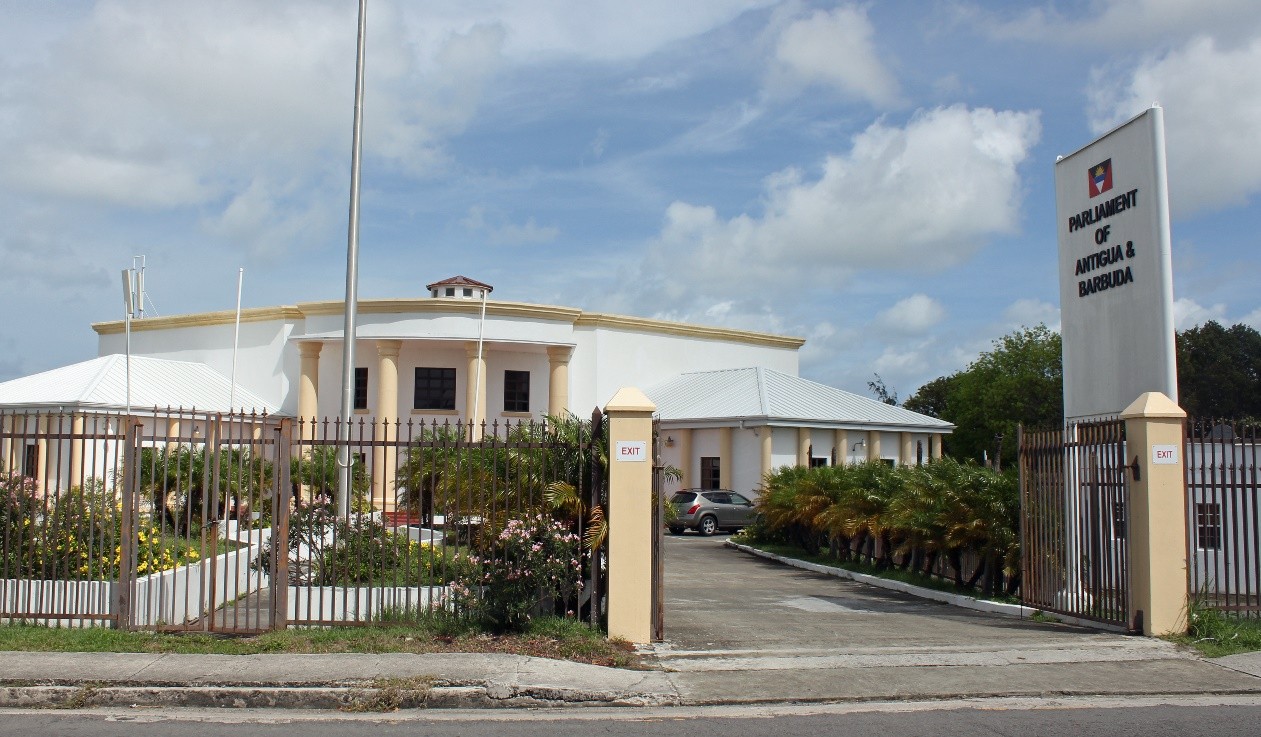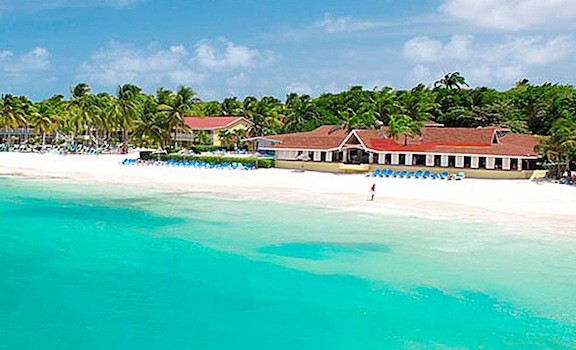
An Antigua International Foundation is a private foundation used for asset protection and estate planning to preserve a family’s wealth. This law was created especially for foreigners.
The International Foundations Act of 2007 (hereinafter the “Act”) provides a law enabling the formation of a private foundation. According to the Act, an international foundation is a separate legal entity like a corporation or a company. Properties and other assets transferred to a foundation irrevocably become the properties of the foundation which is the legal owner.
International Foundation Benefits
An Antigua International Foundation receives these benefits:
• Foreign Participation: This type of trust was created for foreigners to be the founder and beneficiaries.
• No Taxes: Antigua does not levy any taxes upon their foundations. However, U.S. residents and others paying income taxes on global income must disclose all income to their governments.
• Asset Protection: Other countries court orders and judgments will not be honored. Foreign creditors have no rights over the foundation or its assets.
• Estate Planning: A family’s assets can be distributed to beneficiaries and their heirs indefinitely.
• Fast Formation: A foundation can be formed and registered in one day.
• Privacy: The names of the founder and beneficiaries are never included in public records. The foundation’s assets descriptions and locations are also not included in the public records.
• Confidential: The Act makes it a crime for anyone associated with a foundation to disclose any information without authorization or a local court order. Violations are a crime punishable with two years imprisonment and/or 50,000 EC fine.
• English: Antigua as a member of the British Commonwealth maintains English as its official language.
Antigua International Foundation Name
Foundations must select a name not resembling another legal entity’s name in Antigua.
The word “Foundation” or its abbreviation “Found.” must appear at the end of the name to avoid confusion with other legal entities.
Foundation names cannot be geographical unless shown it has an acceptable secondary meaning.
Restricted Activities
A foundation is prohibited from manufacturing products, providing goods or services for sale in Antigua or in the Caribbean region.
Ownership of real property in Antigua and holding equity interest in Antigua companies and corporations require approval from the government.
Duration
Foundations have a perpetual lifespan unless the charter specifies a period of time for expiration.
Jurisdiction
The governing law for a foundation will be the laws of Antigua and Barbuda unless the charter specifies a different jurisdiction. The council may also choose a different jurisdiction.
If Antigua maintains jurisdiction, it will remain for the lifespan of the foundation.
Laws of Foreign Jurisdictions
The validity of an international foundation governed by the Act with jurisdiction in Antigua shall not be questioned by another country’s courts by reason of:
• The other countries laws do not recognize the validity of the foundation or the transfer of assets violates any laws of the other country regarding a third party;
• Antigua laws are inconsistent with the other countries laws, rules, or order.

Confidential
The Act states that anyone associated with a foundation cannot disclose any information to any other person without authorization from the foundation or by an Antigua court order. Violation subjects the offender to criminal prosecution punishable by two years in prison and/or a 50,000 EC fine.
Registration
Foundations must register with the Registrar of International Foundations in order to complete its establishment. The following information will be required:
• The foundation’s name;
• The Antigua domicile council member’s name and address; and
• Date of the foundation’s registration.
Upon submission of the above-mentioned information and payment of the registration fee, the foundation will be entered into the Register of International Foundations. The Register will not be available to the public. Only the founder, protector, council members, and beneficiaries may inspect the Register.
Foundation Charter
A foundation’s charter is the legal document creating the foundation and similar to a corporation’s Articles of Incorporation or Association, the charter sets forth the rules and procedures for operations including methods for accepting assets, appointment, removal and compensation of the council, officers, and managers. In addition, the charter defines the purpose for the foundation along with the identity and rights of its beneficiaries and how it dissolves.
The charter should contain the following information:
• Foundation’s name;
• Specify the beneficiaries or purpose (if no beneficiaries);
• Appoint a council identifying the members;
• Establish the duties, rights, and powers of the council;
• Procedures for appointing or removing council members;
• Details of the initial endowment of assets;
• How the endowment will be maintained, administered, and distributed; and
• Appointment of a protector and powers attributed.
Founder
The founder creates the foundation and transfers assets (properties, funds, etc.) to the foundation. The founder writes the charter which dictates how the foundation operates.
The founder cannot be a citizen or resident of Antigua. A founder can be a natural person or a legal entity. Founders can be citizens of any country and reside anywhere in the world except Antigua.
Council
A foundation’s council administers and manages the assets according to the charter and the Act. Council members are appointed according to the procedures set forth in the charter. Their powers and duties and responsibilities are detailed in the charter. This may include removing and appointing beneficiaries.
The council must act on behalf of and in the best interests of the beneficiaries when acting on behalf of the foundation. If no beneficiaries exist, the council members must CT in order to fulfil the foundation’s purposes. None of its members can have title or personal ownership of the foundation’s assets.
At least one council member must be an Antigua domiciliary or a legal entity registered or incorporated in Antigua, or a company licensed an Antigua Corporate Management and Trust Services Provider.
Beneficiaries
The persons receiving the benefits from the foundation’s purposes and administrate its assets are called the “beneficiaries.” They can be citizens of any county and reside anywhere except in Antigua. The charter details the identity and rights of the beneficiaries.
Unless expressed otherwise in the charter, all distributions of income must be paid directly to the beneficiaries, their personal representatives, or in the case of a minor to the guardian or conservator.
A foundation may be established with no beneficiaries provided it has a clear purpose defined in its charter.
Protector
The charter may specify the appointment of a protector and what duties and powers he or she may have including powers over the council and removal and addition of beneficiaries.
Neither a council member nor a beneficiary can be a protector.
Assets
Properties and funds (assets) transferred to the foundation are owned by the foundation as a separate legal entity. Transference to the foundation is irrevocable.
Creditors of the founder and/or the beneficiaries and council members will have no rights towards the assets. Thus, the foundation and its assets are exempt from attachments, liens, levy, or other restraints by creditors.
Registered Office
The registered office address will be that of the local council member’s office.
Public Records
The names of the founder and beneficiaries and details about the assets and location are not included in any public records.
The Register of International Foundations is not opened to the public.
Fast Formation
Depending upon how quickly the charter can be prepared, the foundation can be registered and established in one day.
Conclusion
An Antigua International Foundation can enjoy these benefits: total foreign participation, fast formation, privacy, confidentiality, no taxes, asset protection, estate planning, and English as official language.


